My role as a postpartum doula.
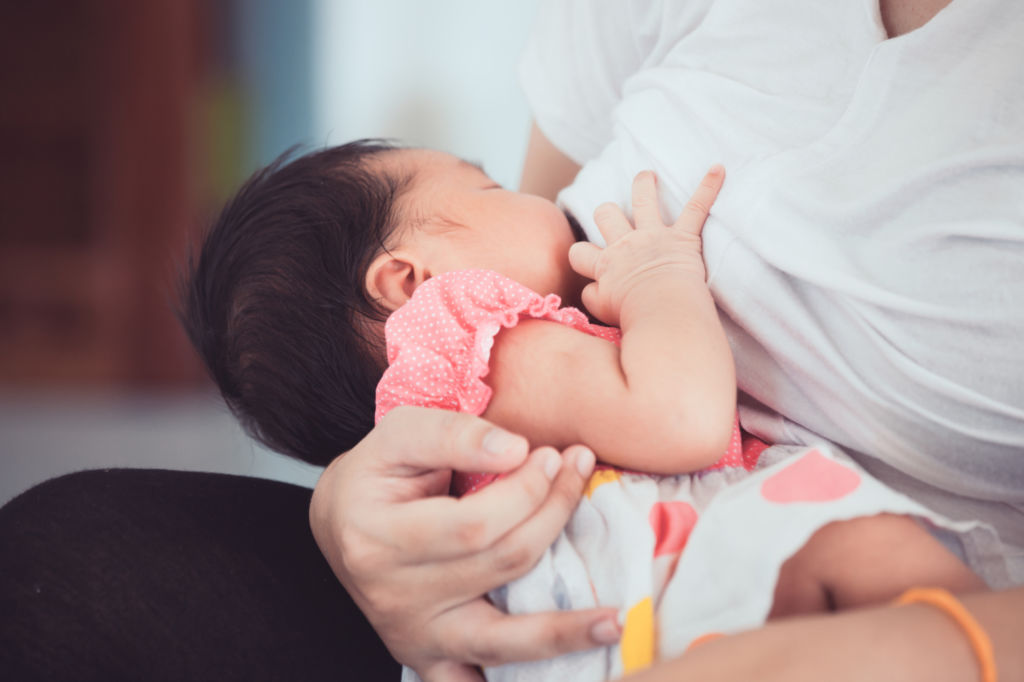
Our very own Jamie Platt, BSN, RN, CLC, CPST shares her personal insights on what it’s like to be a postpartum doula. What is the role of a postpartum doula? What does it look like, and how might a doula support the breastfeeding relationship between mom and baby? A postpartum doula can take care of […]
Media – Friend or Foe?

In light of recent events, we have a special guest blog by Lindsey Zaskiewicz, LMSW. Lindsey is a licensed social worker currently employed as a clinician on a mental health and substance abuse crisis line. Prior to this role, she has several years of experience working in maternal-infant mental health, as well as direct practice with […]
Podcast Episode #27: Let’s Talk About the Pelvic Floor
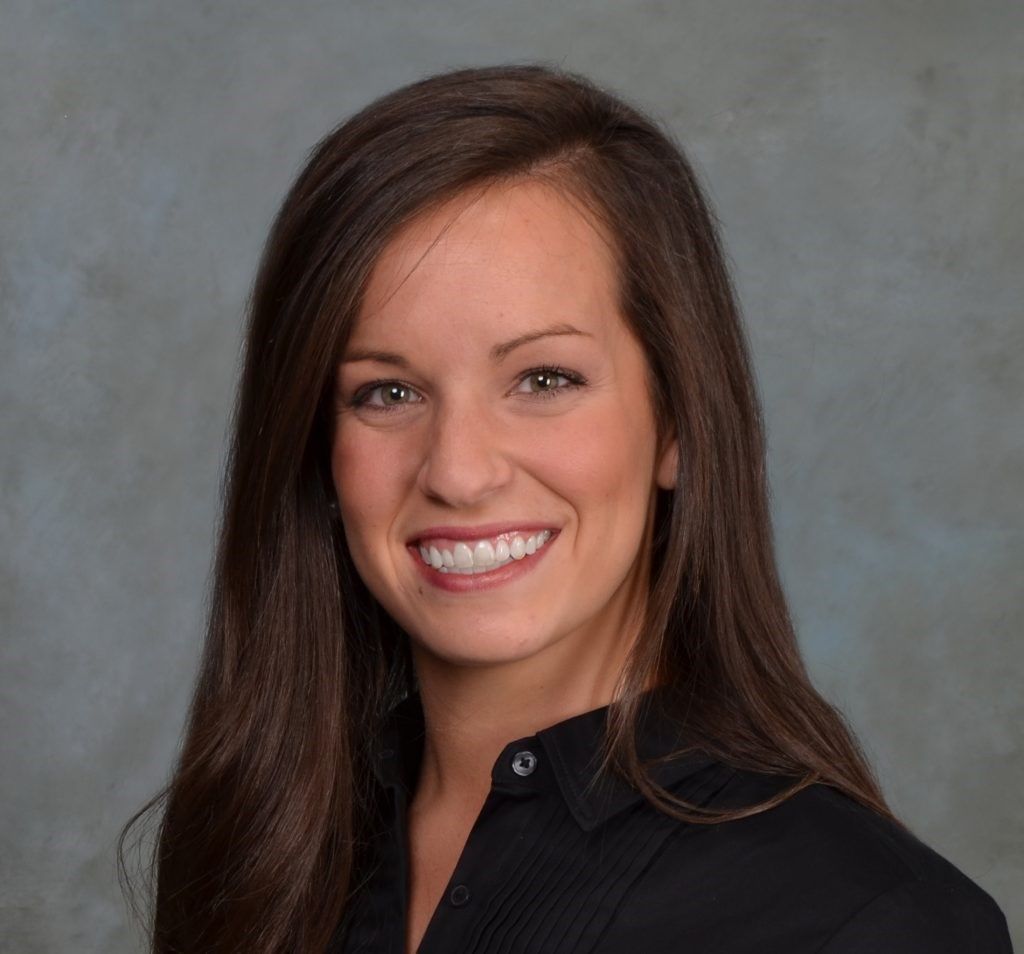
Today on Ask the Doulas, we talk to JoEllen Bender of Hulst Jepsen Physical Therapy in East Grand Rapids. She is a physical therapist who specializes in women’s pelvic issues. Listen as she gives some tips and dispels some myths about the pelvic floor. You’re doing kegels right now, aren’t you?! Listen to the podcast […]
Meet our new birth doula, Mary!
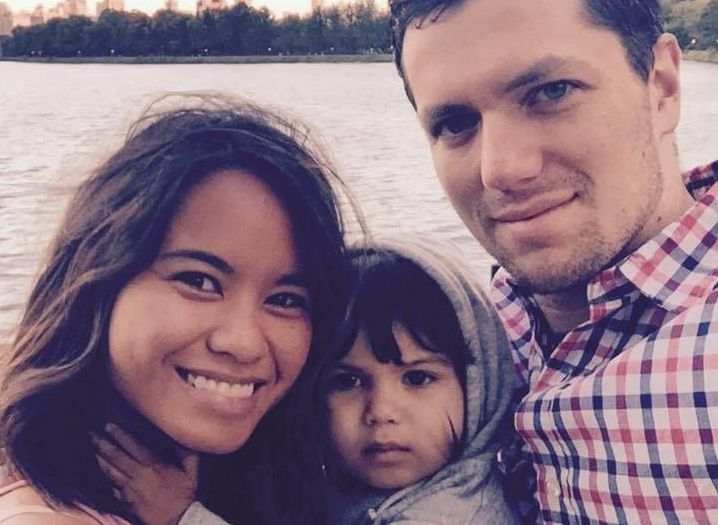
1) What did you do before you became a doula? I left my career in marketing to be a full-time mom, and with my young family, I ended up traveling for a few years to support my husband’s graduate studies in South Bend, Rome, and New York City. Since then, we’ve settled back in West Michigan, […]
Podcast Episode #21: Supporting a Cesarean Birth
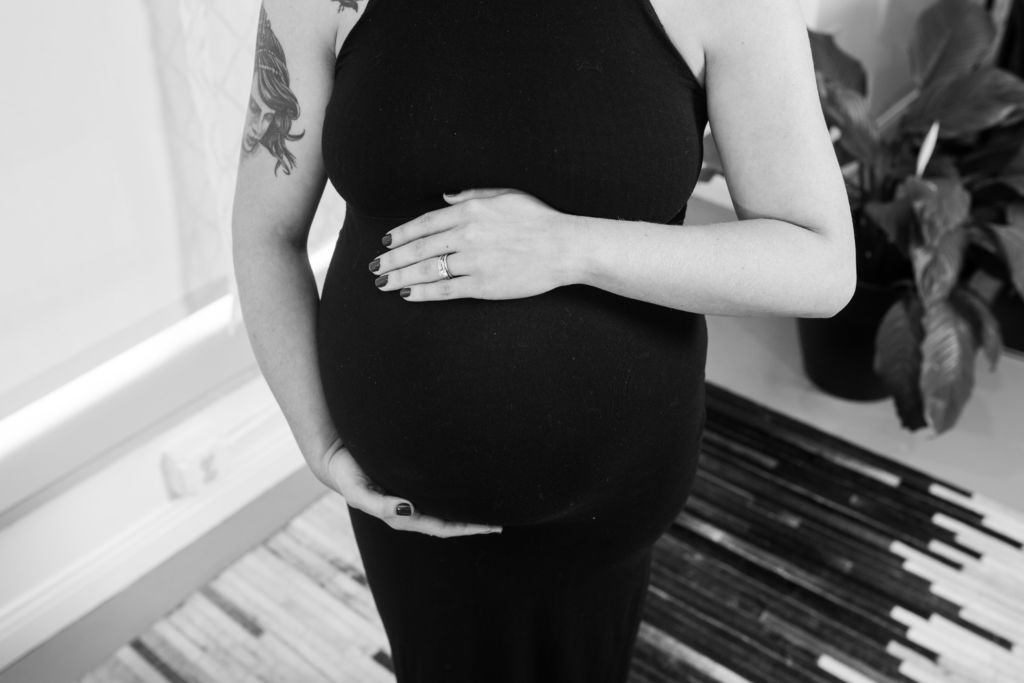
April is C-section Awareness Month! On this episode of Ask the Doulas, Alyssa and Ashley talk about how birth doulas provide support during a Cesarean section delivery. You can listen to the full podcast episode on iTunes or Soundcloud. Alyssa: Hi, welcome to Ask the Doulas with Gold Coast Doulas. I am Alyssa, co-owner […]
Podcast Episode #20: Lisa’s Story about Postpartum Anxiety
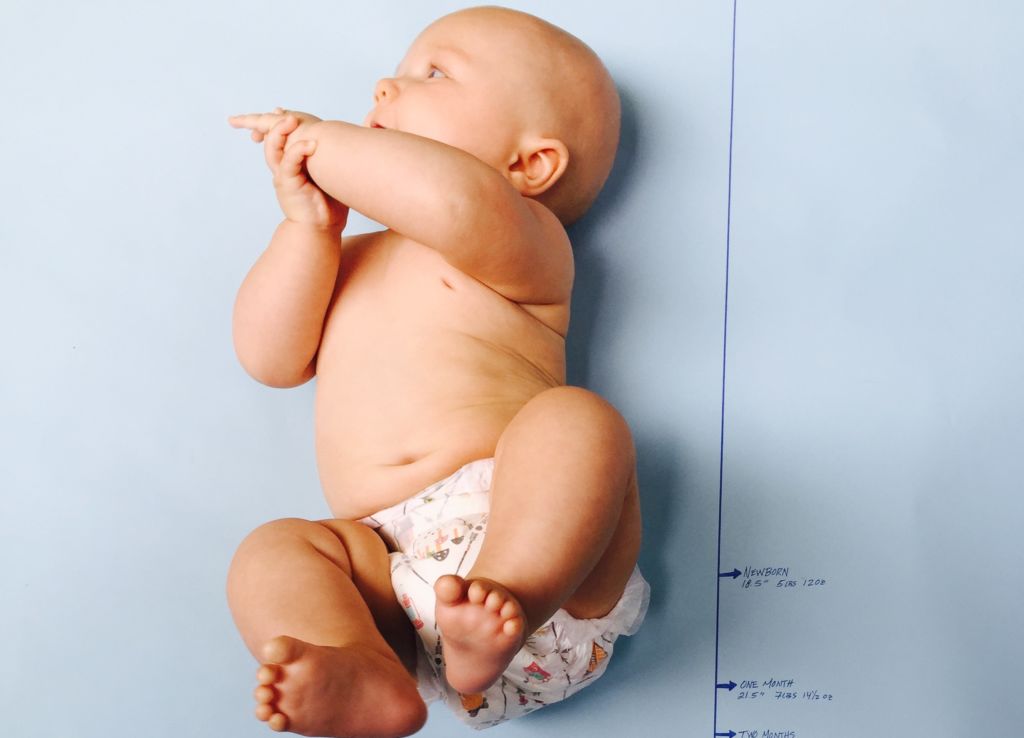
On this episode of Ask the Doulas, Lisa shares about her postpartum experience of dealing with anxiety and how doula support helped her through that challenging time. You can listen to the complete podcast on iTunes and Soundcloud. Please also visit our postpartum depression and anxiety resource list. Alyssa: Hi, welcome back to Ask the […]
Podcast Episode #19: Lisa’s Postpartum Journey
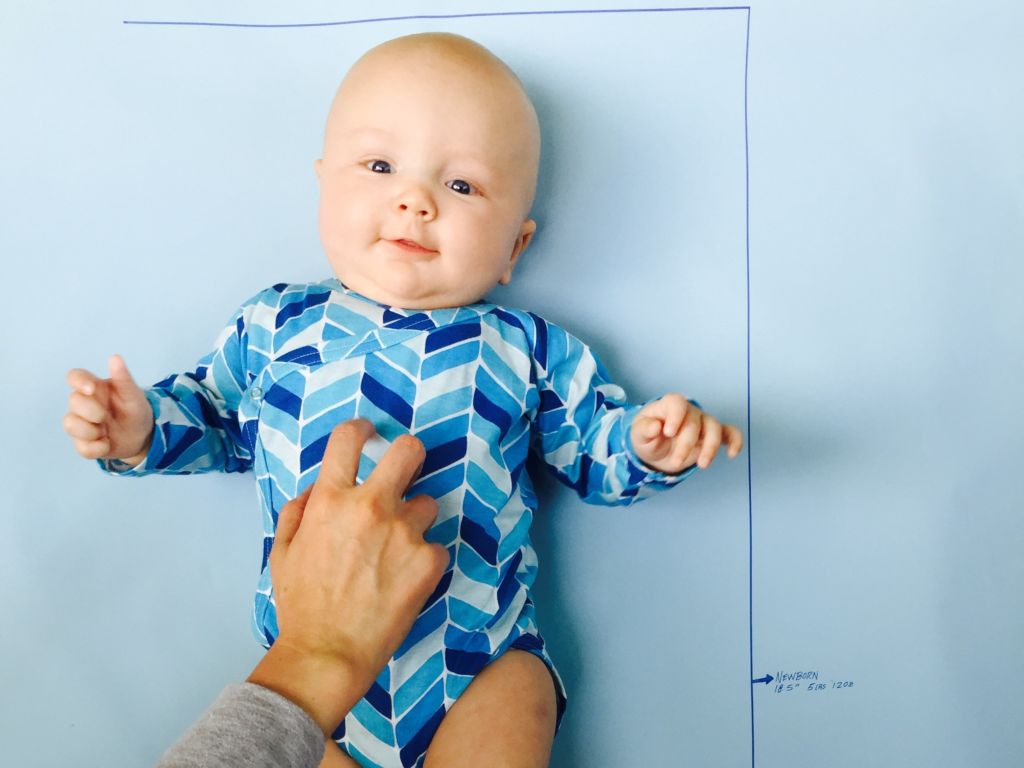
On this episode of Ask the Doulas, Alyssa talks with Lisa about her postpartum doula and how having a doula helped with her recovery. You can listen to the complete podcast on iTunes and SoundCloud. Alyssa: Hi, welcome to another episode of Ask the Doulas with Gold Coast Doulas. I am Alyssa Veneklase. […]
World Doula Week 2018
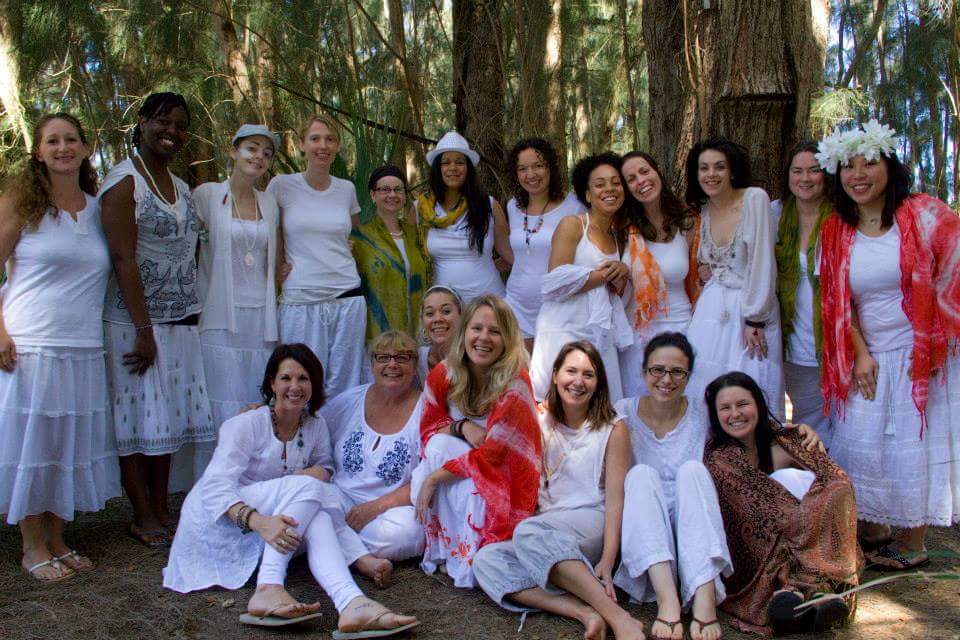
Today’s blog is written by Kristin Revere, Certified Birth and Postpartum Doula and Certified Sacred Postpartum Mother Roaster. As the end of World Doula Week nears, I feel I must speak my truth. Before having kids my purpose was to support women in politics. I wanted more voices in office and wanted to run for […]
Meet Our New Postpartum Doula, Gina!
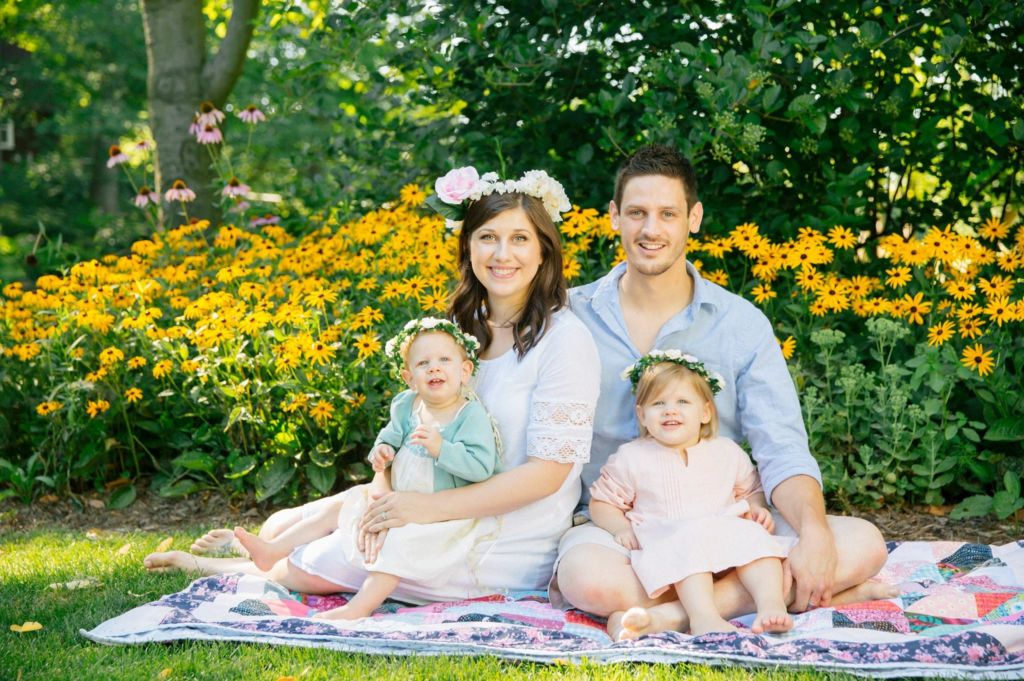
We have another amazing postpartum doula to introduce to you! Read on to find out more about Gina and her family. 1. What did you do before becoming a Doula? Before becoming a Doula, I nannied for two years until I had my first daughter. When she arrived I became a stay at home mom. […]
Meet our new Birth and Postpartum Doula, Julie!
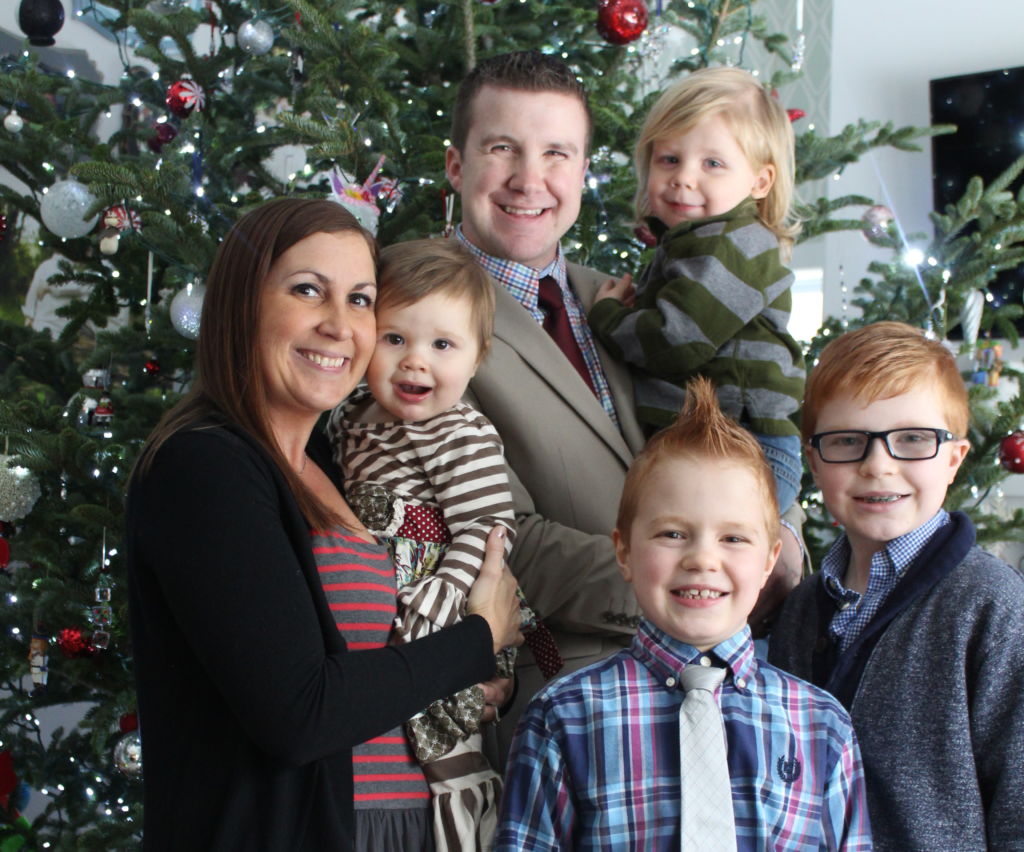
We’re excited to welcome Julie Skripka to the Gold Coast team as a Birth and Postpartum Doula! Let’s get to know her a little better. 1) What did you do before you became a doula? Before starting my doula adventure, I was home raising and homeschooling my 4 children. I currently nanny and run the […]
Sleep Training is a Four Letter Word

Sleep Training. Those two words can stir up some pretty aggressive emotions for some parents. I guess it’s because there are so many methodologies, many of which are controversial, and there are so many different thoughts on parenting and what is right and wrong. My answer is there’s no one way to do this! If […]
Podcast Episode #2: Having Kids Later in Life – Kristin’s Birth Journey
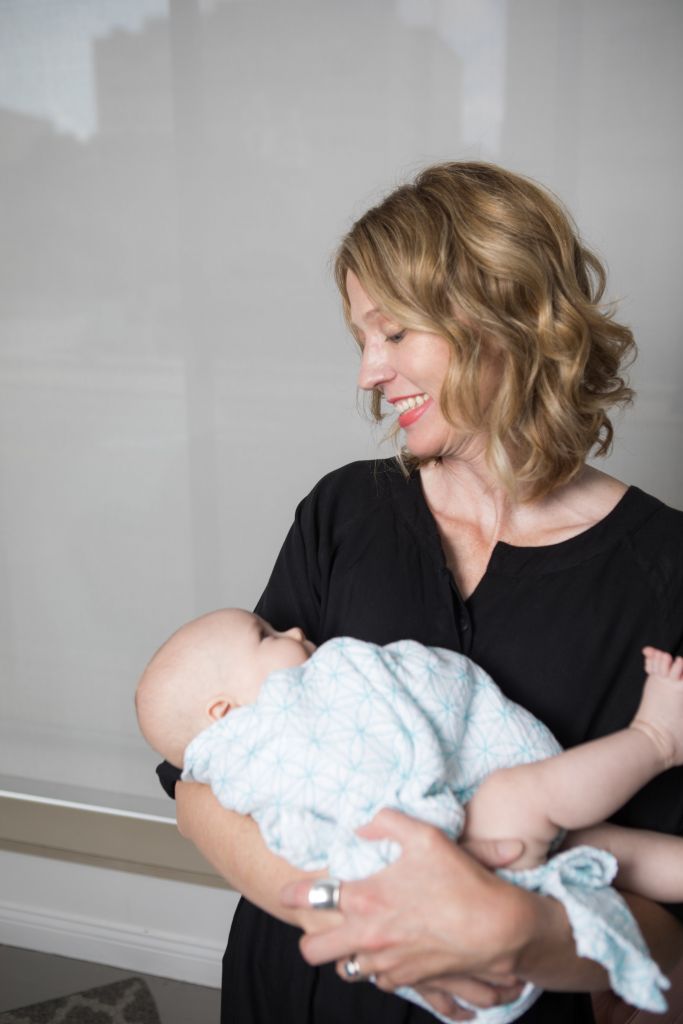
In this episode of Ask the Doulas, Kristin shares about her birth experiences and how she started the journey to become a birth doula. You can listen to this complete podcast on iTunes. Alyssa: Welcome to another episode of Ask the Doulas with Gold Coast Doulas. I am Alyssa, co-owner and postpartum doula, and […]
Podcast Episode #1: One and Done! Alyssa’s Doula Journey
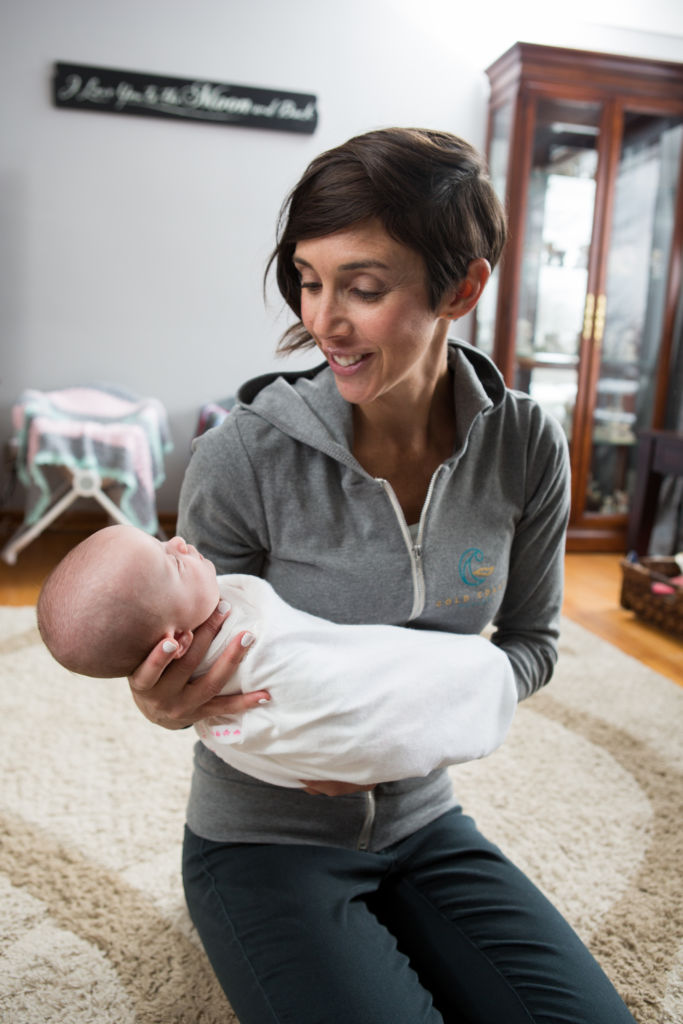
In this episode of Ask the Doulas, Alyssa shares about her birth experience and her decision to have only child, as well as her journey to becoming a postpartum doula. You can listen to the complete podcast on iTunes. Kristin: Welcome to another episode of Ask the Doulas with Gold Coast Doulas. I’m Kristin. […]
Meet our new doula, Tricia!
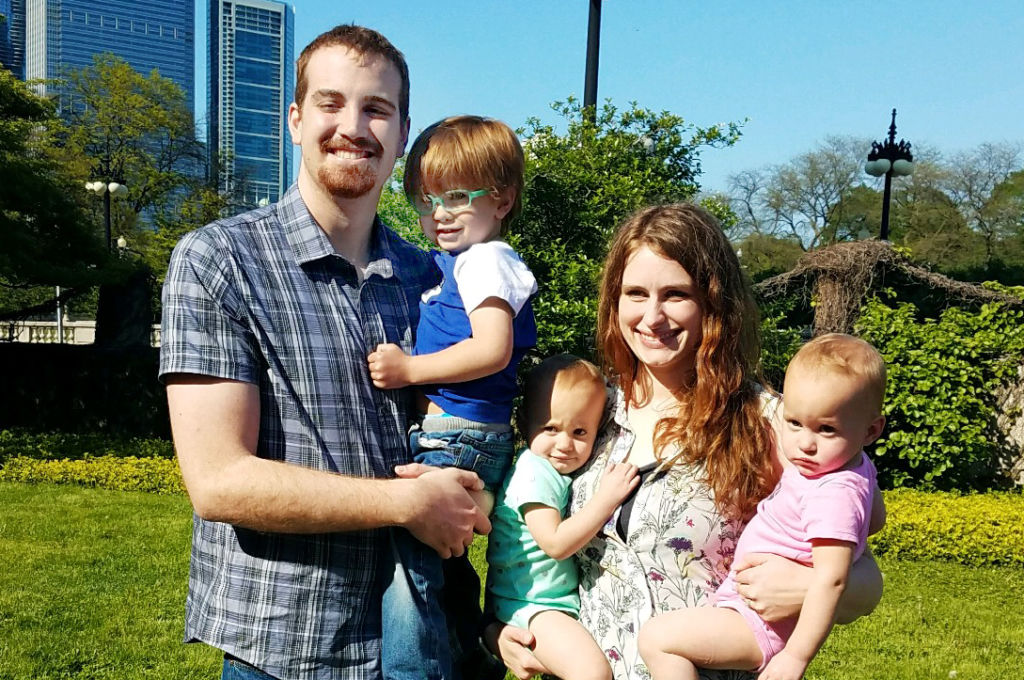
Meet Tricia Buschert, our newest birth and postpartum doula. She is also our new multiples expert! Let’s learn a little more about her. 1) What did you do before you became a doula? I’ve been a stay at home mom for the last four and a half years. 2) What inspired you to become a […]
[un]common sense: Buy them what they asked for

[un]common sense is a blog about navigating through everyday life, using some common sense tips to make it just a bit easier, and sometimes a little more fun. Alyssa is a wife, mother, and postpartum doula who has some tricks up her sleeve and wants to share them with the world. Well now, don’t you […]
It’s our birthday!
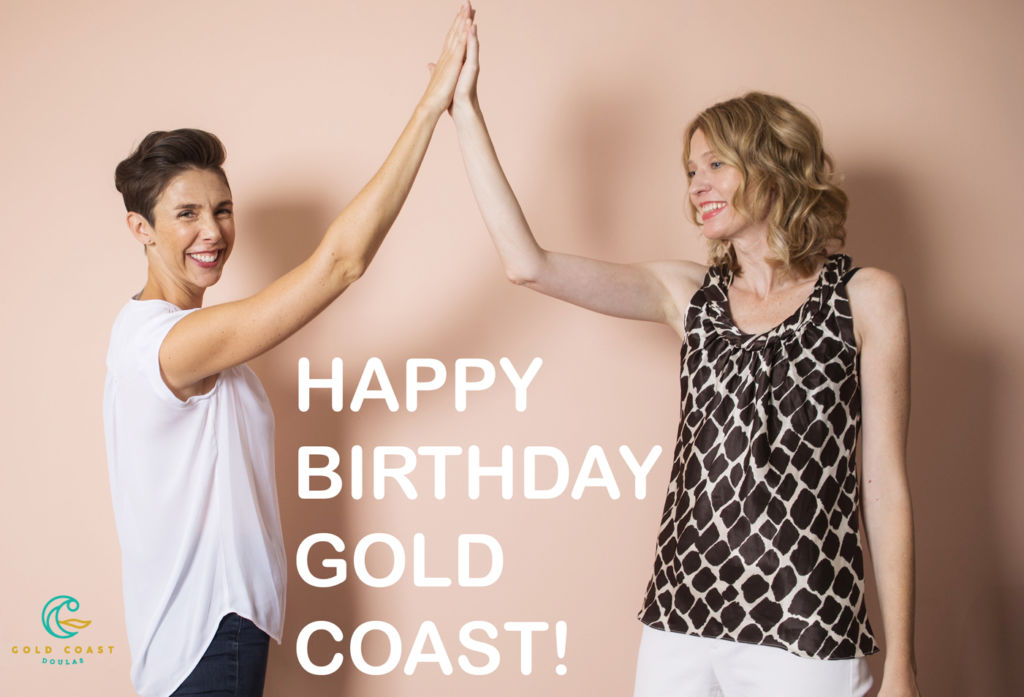
Gold Coast Doulas is two years old today! There is so much to celebrate in this short time. Here are some highlights: Gold Coast was a finalist for the 2017 Local First Local Motion Awards. Gold Coast was a named a Top Women Owned Business by the Grand Rapids Business Journal in 2017. GR Kids named Kristin […]
Postpartum Depression & Anxiety Resource List

After our recent event at the Wealthy Street Theatre where we screened ‘When the Bough Breaks – A Documentary about Postpartum Depression’ we realized that there are many great resources available to our community, but people may not know how to find them. We at Gold Coast, with the help of Cristina Stauffer, have compiled […]
Dealing with Stress

Today’s blog comes from one of our previous postpartum doulas, Alex. Her nurturing soul shines in this post, giving us her favorite tips for stress management and self-care. Take the time today, and every day, to nurture yourself. It’s no secret that stress is, inevitably, a part of life, and to some degree is healthy […]
Embraced and Not Feared: Exercise During Pregnancy
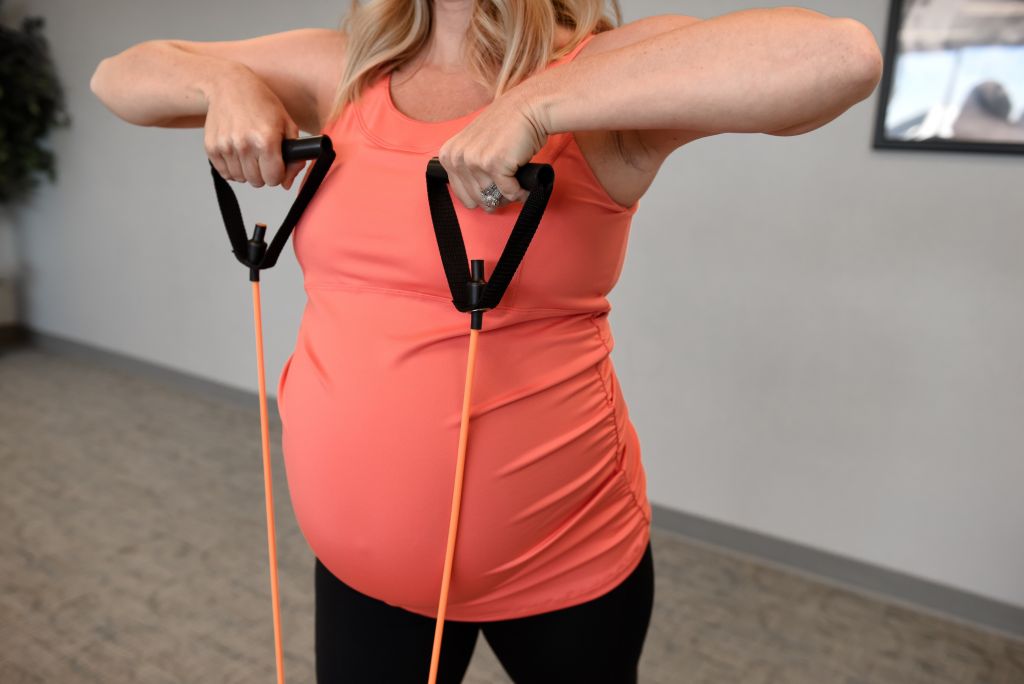
Our guess blogger today is Marissa Anderson of Fit4Mom Grand Rapids. Read on to gain valuable insight about prenatal fitness. No matter what it looked like for you – plus sign, blue line, double line – the moment you knew you had a new life growing inside you, there were so many questions that needed […]
Meet Your Gold Coast Doula-Lynnette
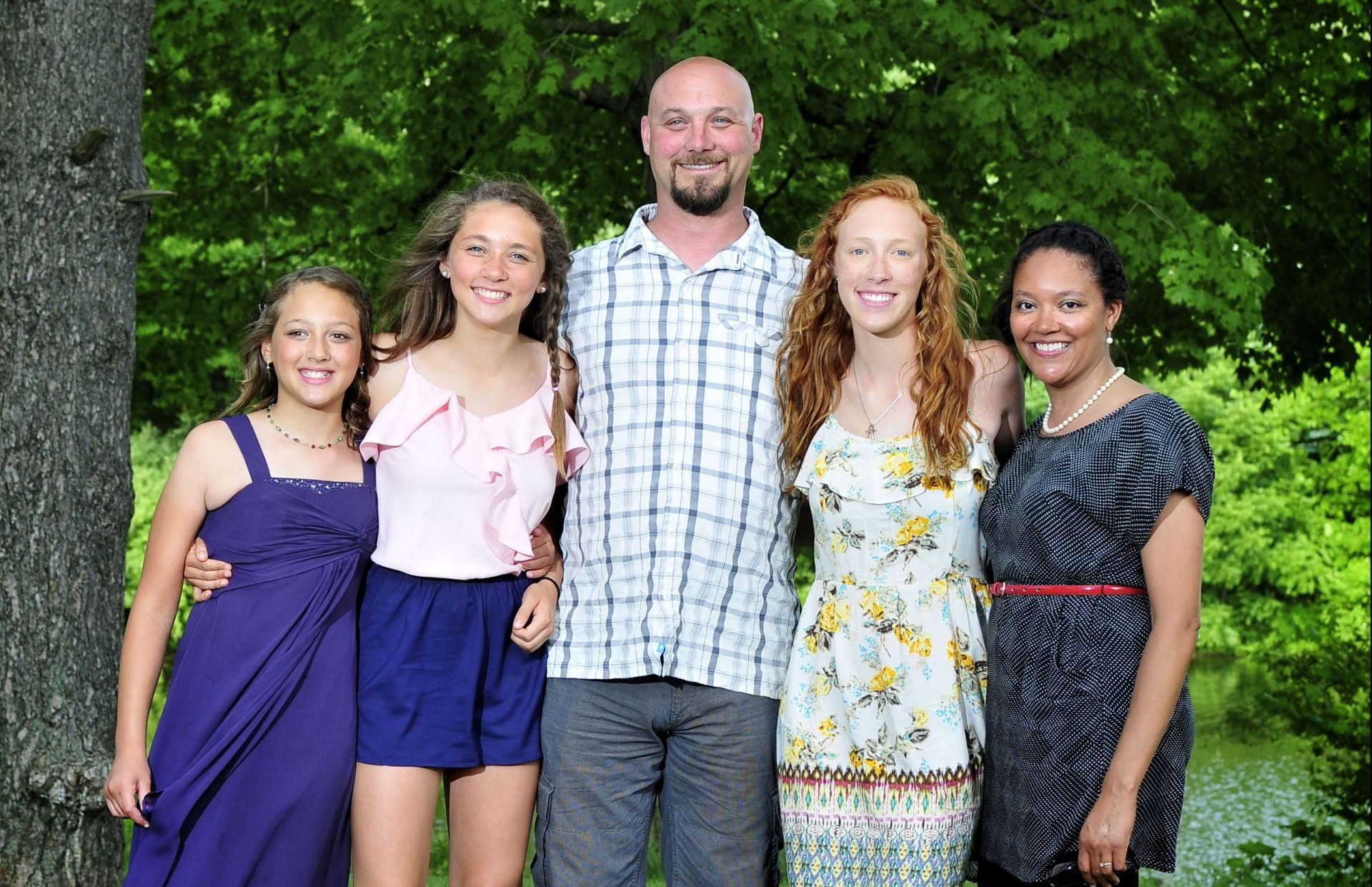
We love asking our Gold Coast Doulas questions so you can get to know them more. Meet our infant care specialist and postpartum doula, Lynnette Nichols and learn about her inspirations and background. 1) What did you do before you became a doula? Before I became a doula, I was the manager at Lemon Creek […]
Infant Massage Questions
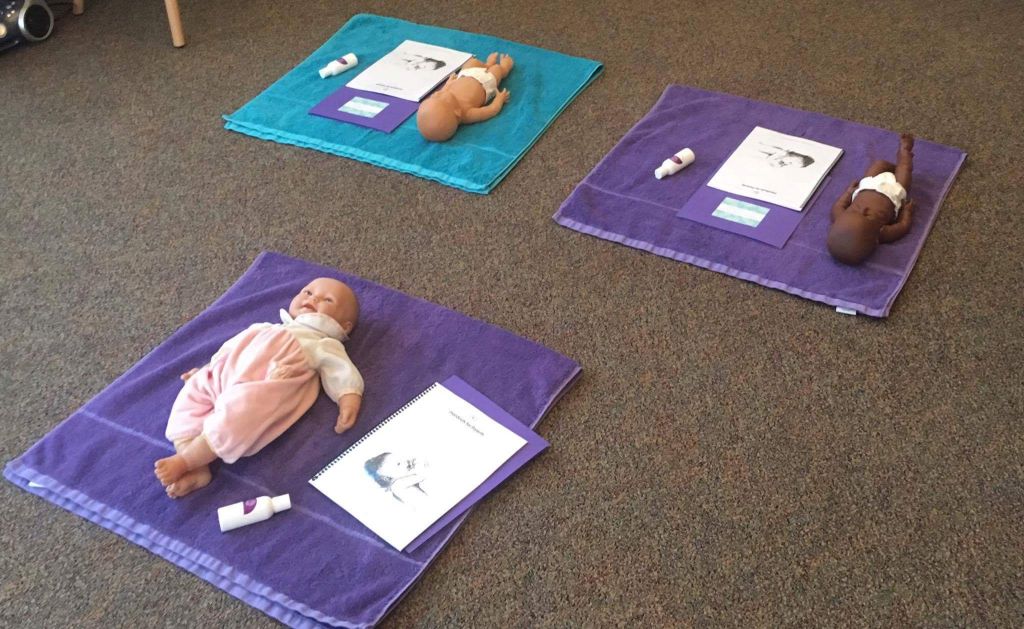
Frequently Asked Questions About Infant Massage Gold Coast Doulas is thrilled to present a Part 2 of the Infant Massage guest blog from Cristina Stauffer. Cristina Stauffer, LMSW, CEIM has been passionate about serving women and young children throughout her career. Pregnancy and early motherhood can be one of the most vulnerable times in a […]
Why is Infant Massage Good for Babies?
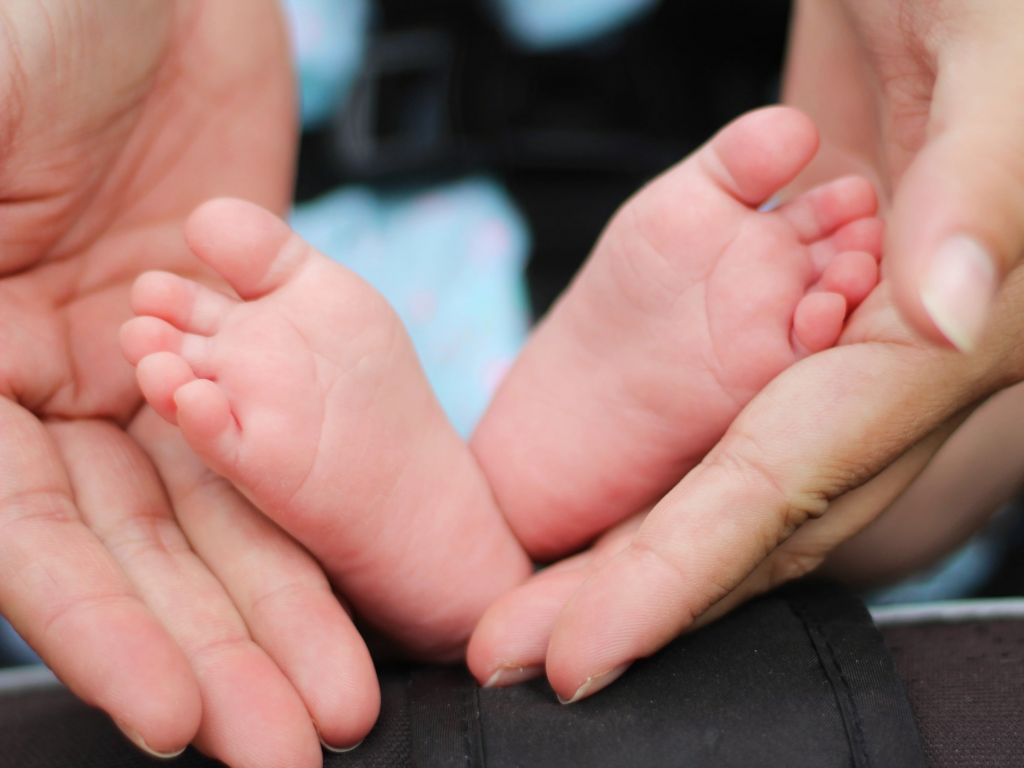
Why is Infant Massage Good for Babies? Gold Coast Doulas is thrilled to present a guest blog from Cristina Stauffer. Cristina Stauffer, LMSW, CEIM has been passionate about serving women and young children throughout her career. Pregnancy and early motherhood can be one of the most vulnerable times in a woman’s life. Cristina has been […]
What does non-judgmental support mean?
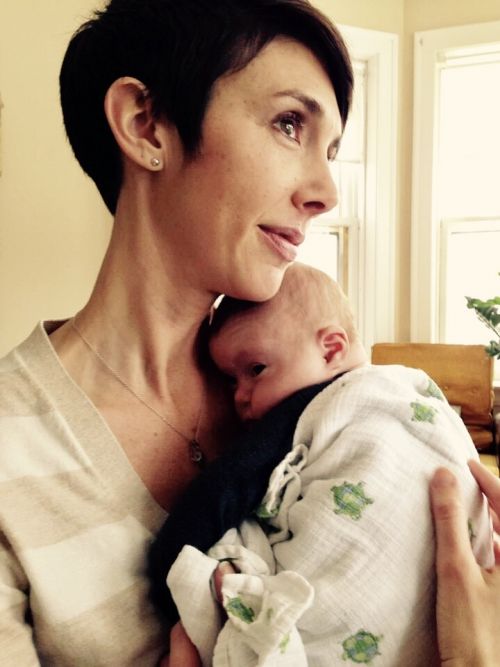
Author: Alyssa Veneklase, CD I was recently asked if, since I’m a doula, I tell clients not to vaccinate and make them feel guilty if they don’t breastfeed. What??! If you had a doula that made you feel this way, I apologize on behalf of them. That is the opposite of what a doula […]
Midwives and Doulas
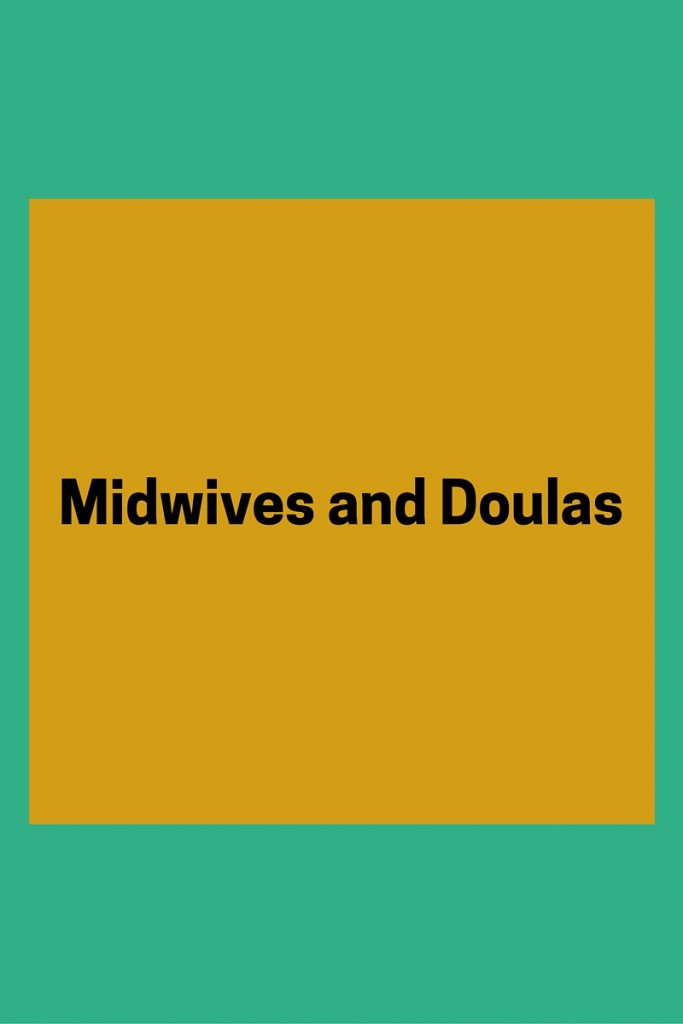
Gold Coast Doulas is pleased to present a guest blog from Mandi Garvey She is a certified birth doula, Masters trained health educator, and EMT serving families in West Michigan in both clinical and non-clinical labor support roles. When she’s not at a birth in one capacity or another, she’s napping in preparation for the […]


